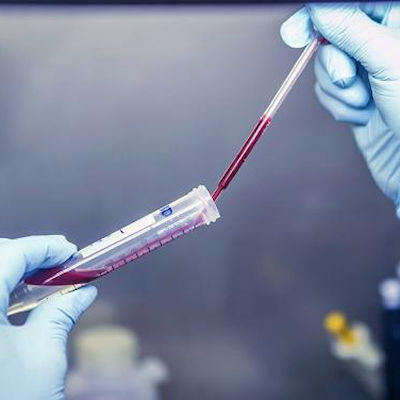 Detecting SARS-CoV-2 in blood may be early indicator of severe disease
Detecting SARS-CoV-2 in blood may be early indicator of severe disease
A blood test that measures SARS-CoV-2 RNA when patients are admitted to the hospital with COVID-19 symptoms can be a powerful diagnostic tool to predict how severe their disease will be, according to a study published in Clinical Infectious Diseases on August 28. Patients without viral RNA in their blood have a good chance at rapid recovery, concluded researchers from Karolinska Institutet and Danderyd Hospital. Read More
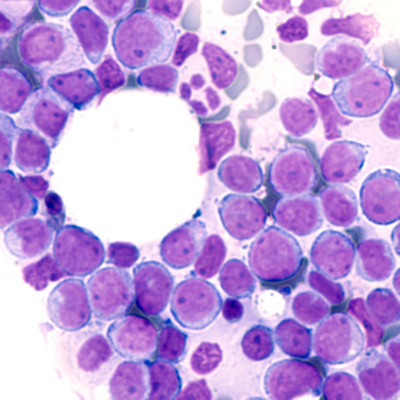 New small-molecule drug targets hard-to-reach cancer-linked enzyme
New small-molecule drug targets hard-to-reach cancer-linked enzyme
Researchers have developed a new class of small-molecule drugs that show promise against a subset of pediatric leukemia with the NUP98-NSD1 chromosomal translocation. The findings were published in Nature Chemical Biology on August 31. Read More
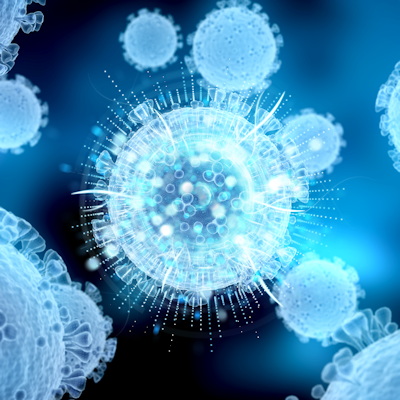 Gateway receptor for SARS-CoV-2 helps explain variability of COVID-19
Gateway receptor for SARS-CoV-2 helps explain variability of COVID-19
A wide variety of symptoms and organs are involved in SARS-CoV-2 infection. This phenomenon could be explained by the distribution of the virus's gateway receptor, which is found in tissues throughout the body. Characterization of angiotensin-converting enzyme 2 expression is detailed in a recent Cellular and Molecular Neurobiology article. Read More
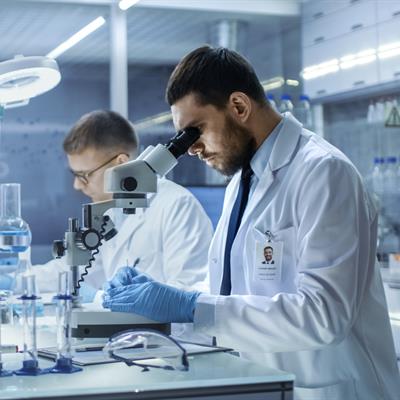 Study investigates pharmacogenomics of COVID-19 therapies
Study investigates pharmacogenomics of COVID-19 therapies
Human genetic variation may alter the interactions of drugs being used to treat patients with COVID-19 symptoms, resulting in a range of clinical responses -- from no effect to high toxicity in some patients, according to a study published in Nature Genomic Medicine on August 18. Read More
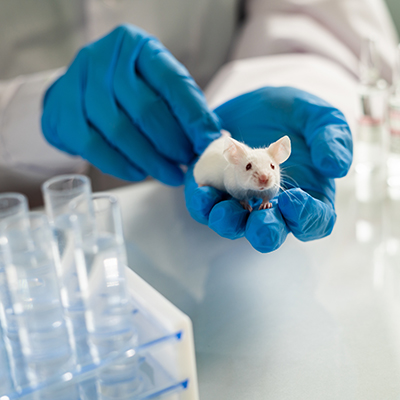 New mouse-adapted model helps accelerate COVID-19 vaccines, therapies
New mouse-adapted model helps accelerate COVID-19 vaccines, therapies
A new mouse-adapted SARS-CoV-2 model developed with engineered virus can help accelerate vaccine and therapeutic candidates to clinical trials. The results of the preclinical studies were published in Nature on August 27. Read More
 NIH establishes Centers for Research in Emerging Infectious Diseases
NIH establishes Centers for Research in Emerging Infectious Diseases
The National Institute of Allergy and Infectious Diseases, part of the U.S. National Institutes of Health (NIH), has awarded 11 grants for a first-year total value of approximately $17 million to establish the Centers for Research in Emerging Infectious Diseases. Read More
 Molecular barcoding of DNA identifies rare mutations in stem cells
Molecular barcoding of DNA identifies rare mutations in stem cells
Scientists have developed a new next-generation sequencing technique using molecular barcodes that can accurately detect a single genetic mutation in a pool of 10,000 cells. The researchers applied the approach to CRISPR-Cas9 genome editing to search for undesirable mutations caused by the platform. The research and methods were published in Genome Biology on August 24. Read More
 Will a COVID-19 vaccine really let us go 'back to normal'?
Will a COVID-19 vaccine really let us go 'back to normal'?
Will the arrival of a COVID-19 vaccine be enough to allow society to go "back to normal" in the near future? The answer to that question depends on a wide range of variables, such as how effective the vaccine is and how many people get vaccinated, according to an article published in the American Journal of Preventive Medicine on August 25. Read More
 Pharmacists issue guidance for mass COVID-19 vaccination
Pharmacists issue guidance for mass COVID-19 vaccination
As society prepares for the rollout of COVID-19 vaccines, the American Society of Health-System Pharmacists has issued 10 guiding principles for development, distribution, allocation, and oversight of vaccines. The guidelines build on the organization's research and best practices expertise in pandemic preparedness, supply chain management, distribution, and clinical practice. Read More
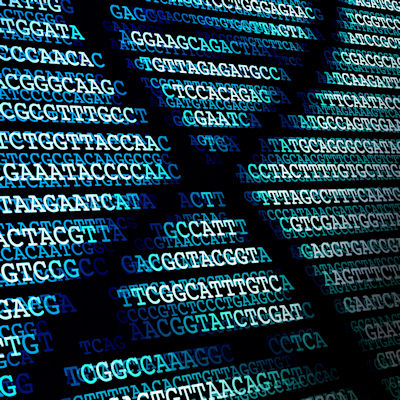 ESMO recommends use of NGS for advanced cancers
ESMO recommends use of NGS for advanced cancers
The European Society for Medical Oncology (ESMO) released its first recommendations for the use of next-generation sequencing (NGS) for patients with metastatic cancers. The guidance was published in the Annals of Oncology on August 25. Read More
Member Rewards
Earn points for contributing to market research. Redeem your points for merchandise, travel, or even to help your favorite charity.
Research Topics
Interact with an engaged, global community of your peers who come together to discuss their work and opportunities.
Connect
Tweets by @ScienceBoard



